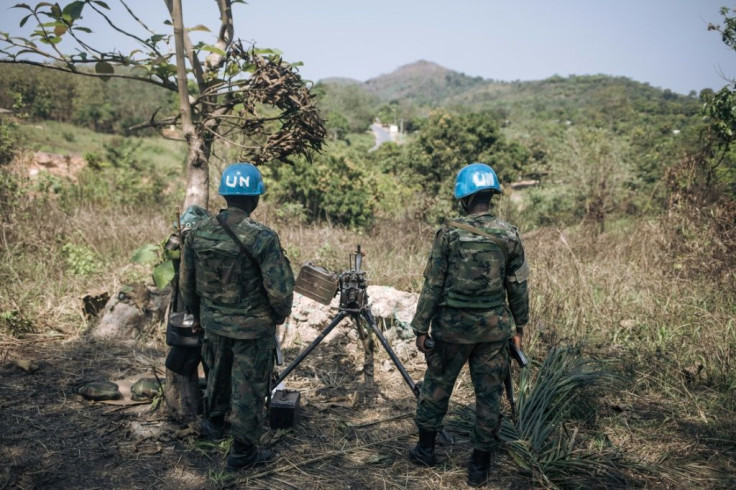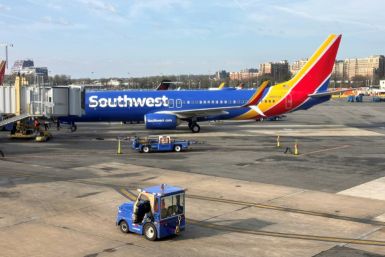UN Envoy Urges 'Substantial Increase' In Central African Republic Peacekeepers
The UN envoy to the Central African Republic, Mankeur Ndiaye, on Thursday called on the Security Council for a "substantial increase" in peacekeeping operations in the country after recent deadly attacks by armed groups.
The increase must be accompanied by "greater mobility" by the peacekeepers, he added, also referring to serious desertion from the Central African security forces since December.
In short, "we need a strategy to adapt the mandate," Ndiaye said during a videoconference of the Council organized by the African members after a request from the CAR government.
Ndiaye did not specify the number of additional peacekeepers wanted for the Minusca mission, which has about 12,000 soldiers and is one of the largest and most costly UN operations in the world.
But a source familiar with the matter said Minusca would like 3,000 extra peacekeepers plus drones, attack helicopters and even special forces.
Ndiaye also pushed for an extension of "a few months" to the reinforcement by 300 Rwandan soldiers seconded since December from the peace mission in South Sudan. The reinforcement was planned for two months.
Minusca has lost seven peacekeepers -- a very heavy toll -- since the launch at the end of last year of coordinated and simultaneous attacks by militia groups, some of them allied to former Central African president Francois Bozize.

Recently re-elected President Faustin Archange Touadera's government controls only about one-third of the former French colony, with militia groups that emerged from a conflict in 2013 controlling the remainder.
The rebels launched an offensive a week before the December presidential elections.
Central African security forces, estimated at around 2,600 soldiers, are inexperienced and have a weak chain of command -- leading to "great desertion observed during the first assaults by the rebels," Ndiaye said.
According to a diplomatic source, only about 300 CAR soldiers were deployed after the announcement in December of the rebel offensive as soldiers fled, laid down their arms or took refuge in the UN peacekeepers' camps.
The security forces have been trained mainly by European Union and Russian instructors.
"The only lasting answer is surely political," said the UN envoy.
"The re-election of President Touadera will benefit the Central African nation if, and only if, the new executive is able to calm tensions by building bridges with the political actors of the opposition."
The UN mission on Wednesday warned that armed groups were attempting to blockade the capital Bangui as part of their attempt to overthrow Touadera.
© Copyright AFP 2024. All rights reserved.











